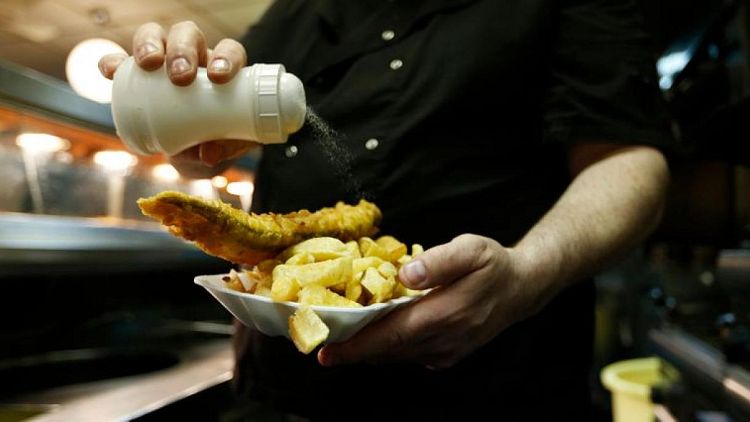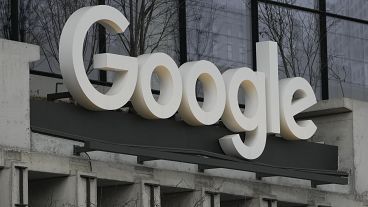LONDON - Britain will ban adverts promoting unhealthy food from appearing on television during the day and on the internet as part of its drive to tackle obesity and encourage healthy eating.
The new rules, which will come into force at the end of next year, are designed to change the current trend where one in three children leave primary school overweight or obese, but they prompted an angry reaction from some media groups.
Under the plan, adverts for foods that are high in fat, salt and sugar will be banned from appearing on television or UK on-demand programming before 2100 hours. They will also be banned from paid-for slots online, allowing them to still appear on their producer's website and social media pages.
The government said the restrictions would apply to all businesses with 250 or more employees that make or sell the products, helping to protect smaller companies that can only afford to advertise online.
"The content youngsters see can have an impact on the choices they make and habits they form," Public Health Minister Jo Churchill said on Thursday.
"With children spending more time online it is vital we act to protect them from unhealthy advertising."
Analysis cited by the government showed that almost half of all TV food adverts shown in a month in 2019 were for unhealthy food. A sugar tax introduced in 2018 prompted some drink manufacturers to cut their sugar levels.
The News and Media Association said it was very disappointed with the decision because it was not clear a link had been found between advertising exposure and childhood obesity.
"Instead of tackling the problem of childhood obesity, this draconian measure will harm news media publishers who rely on advertising revenue to fund the journalism which keeps us all informed," the NMA's Sayra Tekin said.
Shares in Britain's biggest commercial broadcaster ITV were down less than 1% while newspaper group Reach fell 1.5% and Daily Mail & General Trust fell 2%.



